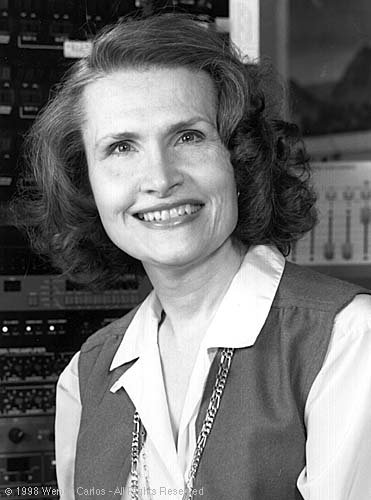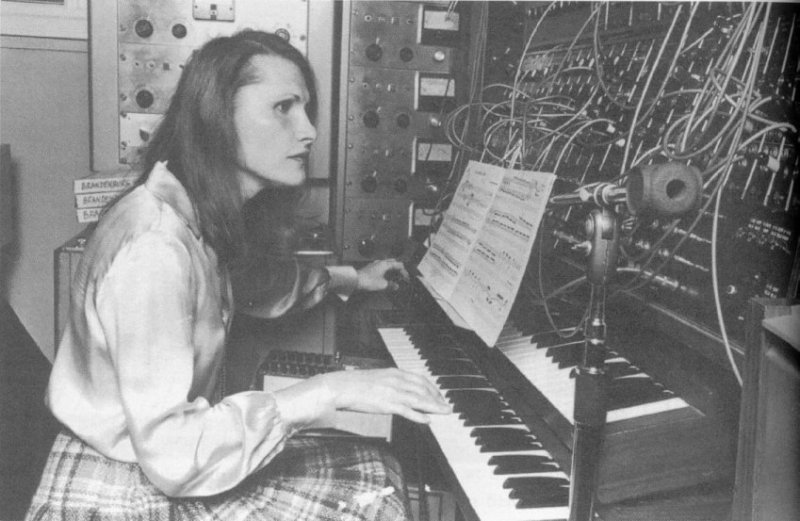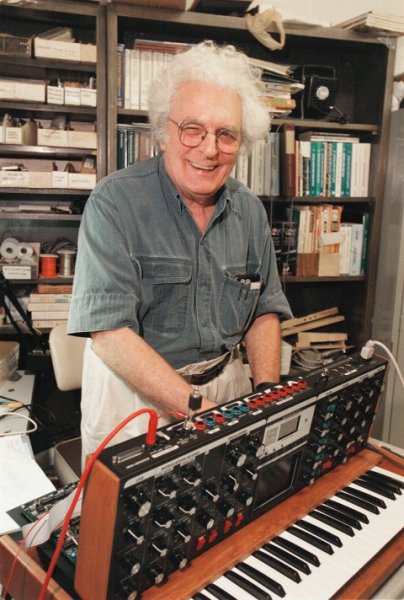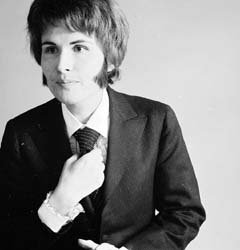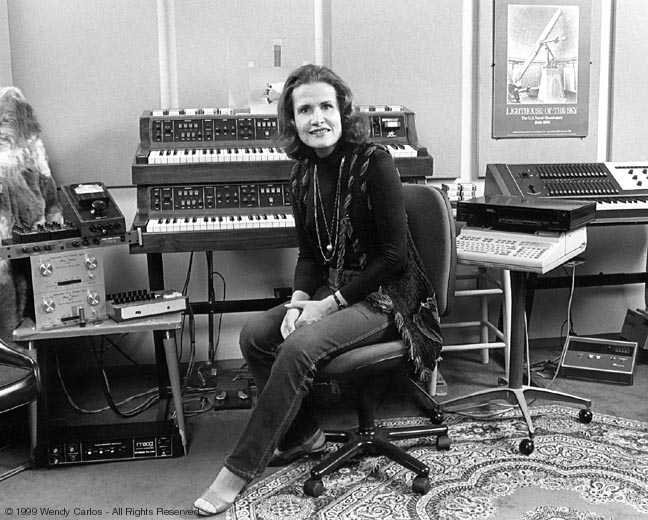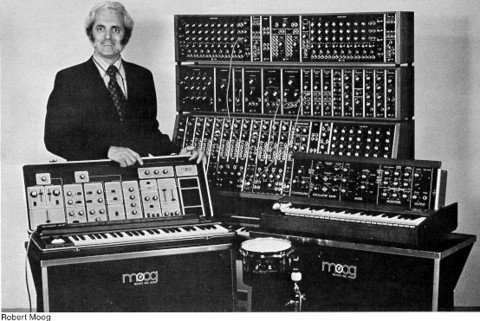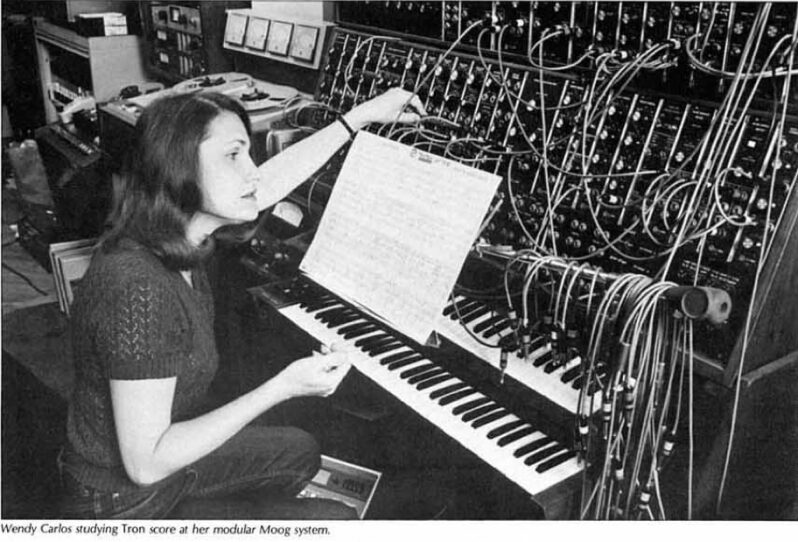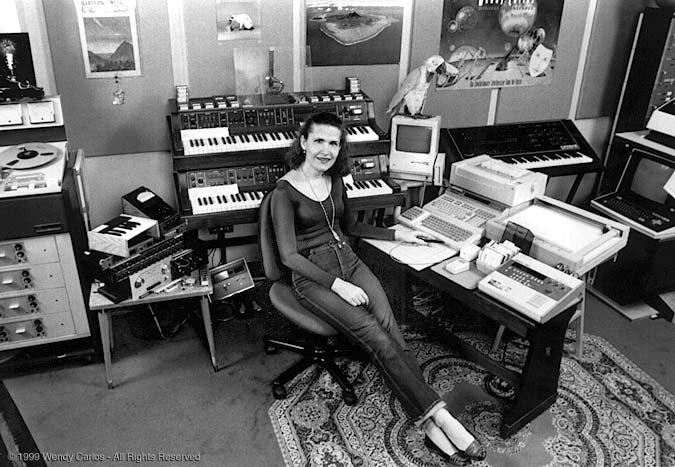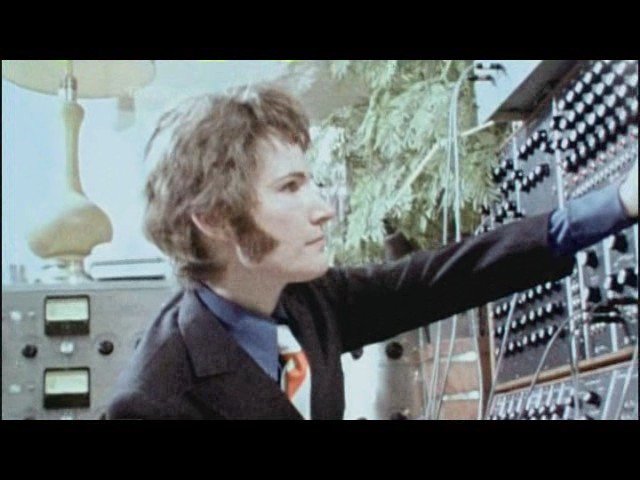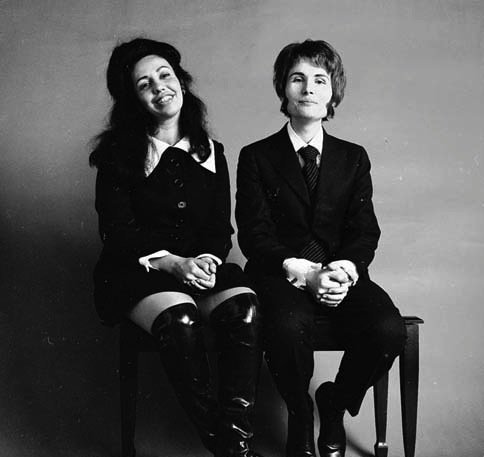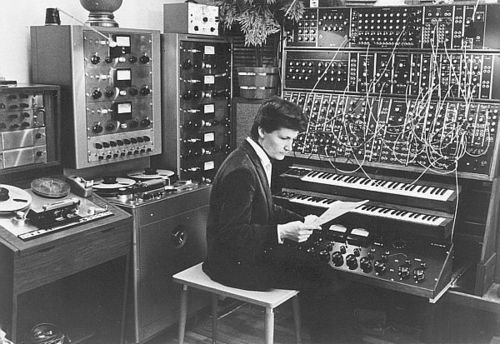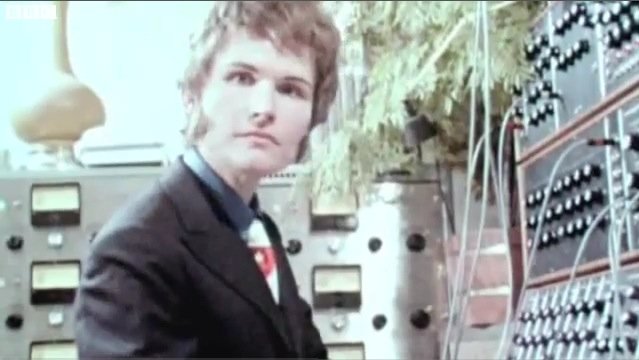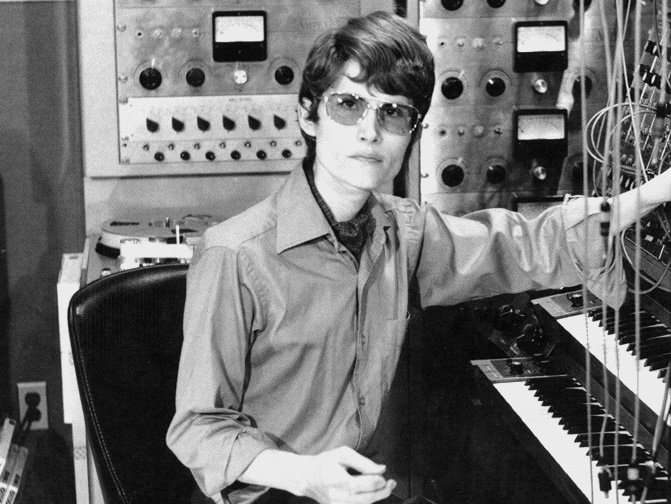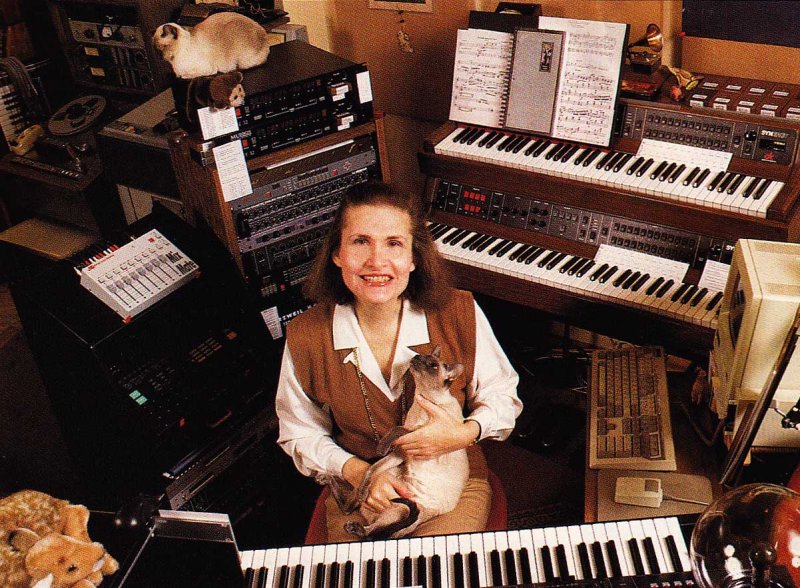Wendy Carlos
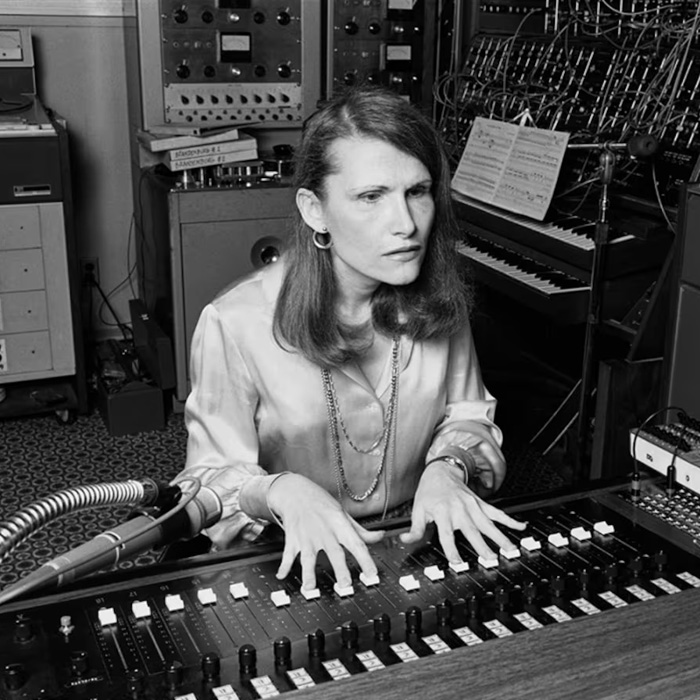
In a four-decade career filled with achievements and acclaim, Wendy Carlos played a significant role in getting popular music instrumentation to catch up to the radical ideas of the late 20th century’s most revolutionary artists. Carlos primarily achieved this with her most well-known release, 1968’s Switched-On Bach, an album that boldly reimagined classic musical and brought the sounds of esoteric electronic instruments like the Moog synthesizer to mainstream listeners.
MUSICAL BEGINNINGS, ROBERT MOOG, SWITCHED-ON BACH
“By any sensible definition, I’m a New Yorker, not a New Englander,” Carlos says on her website. And since she had to deal with far more complex issues of identity and sexuality, who are we to say otherwise? But it’s worth mentioning that during a childhood spent in Pawtucket, Rhode Island (where she was born in 1939 and named “Walter”), Carlos composed a “Trio for Clarinet, Accordion and Piano” at age 10 and won a science fair scholarship at age 14 for building a personal computer – in 1953!
After graduating from Brown University with a dual major in music and physics, Carlos earned a master’s in composition at Columbia University’s celebrated Columbia-Princeton Electronic Music Center. After that, she landed a job as a recording engineer at New York City’s Gotham Recording, where she met and soon befriended Dr. Robert Moog, who was in the process of designing the analog synthesizer that would bear his name. Their close relationship was responsible for Switched-On Bach, which Carlos recorded with Moog and producer Rachel Elkind. Believed to be the first classical album certified platinum, Switched-On Bach cracked the top 40 in the Billboard Hot 100 and won three Grammy Awards.
Nearly 50 years after its release, Switched-On Bach still sounds groundbreaking. By performing Bach’s compositions on the Moog, Carlos gave new life to old forms by maintaining the music’s sense of purpose while injecting a spirit of playfulness and unpredictability, like someone reproducing a Rembrandt with finger paints. This was Carlos advancing the fledgling genre of electronic music and doing so in a way that gleefully tweaked the seemingly untouchable classics. It was eye-openingly bold, to say the very least.
OTHER ALBUMS, GENDER REASSIGNMENT
Carlos’ follow-up to Switched-On Bach was 1969’s The Well-Tempered Synthesizer (the title was a play on Bach’s influential music collection The Well-Tempered Clavier). The peculiar-yet-elegant album featured Carlos expanding the scope beyond Bach and doing Moog renditions of classical music written by other renowned Baroque composers. Carlos’ success with her first two LPs gave her the financial means to undergo gender-reassignment surgery in 1972. In a 1979 interview with Playboy, Carlos said she first became aware of her gender identity issue when she was just a child. She recorded her first six albums under her birth name , Walter Carlos.
The year of her surgery, Carlos cut Sonic Seasonings, a double LP that combined field recordings of retreating tides, screeching birds and bellowing thunder with electronic synthesizers. Regarded as one of ambient music’s landmark releases, Sonic Seasonings was equal parts spectral and soothing, a statement on the power of the natural world. It presents the idea that human expression, no matter how inventive or anarchic, is no match for the savage and delicate expressions of nature.
SOUNTRACKS, DIGI-SURROUND STEREO SOUND
Carlos continued making imaginative electronic music with a pair of film soundtracks, the first being a collection of songs for Stanley Kubrick’s A Clockwork Orange. Then came the to 1982’s Tron, for which she combined symphonic orchestra with digital and analog synthesizers. While strikingly different in content and tone, the music for both movies is trademark Carlos: illusory yet honest, spastic yet static, urgent yet emotive.
Ever the visionary, Carlos collaborated with Larry Fast in the 1990s to develop Digi-Surround Stereo Sound, a digital process for soundtrack restoration and surround stereo conversion. There was also a rather unexpected collaboration with Weird” Al Yankovic: a spoof of Sergei Prokofiev’s “Peter and the Wolf.” She spent approximately five years digitally remastering her entire catalog and her most recent album is 2005’s Rediscovering Lost Scores, featuring previously out-of-print material and unreleased tracks.
(by Ryan Foley)

